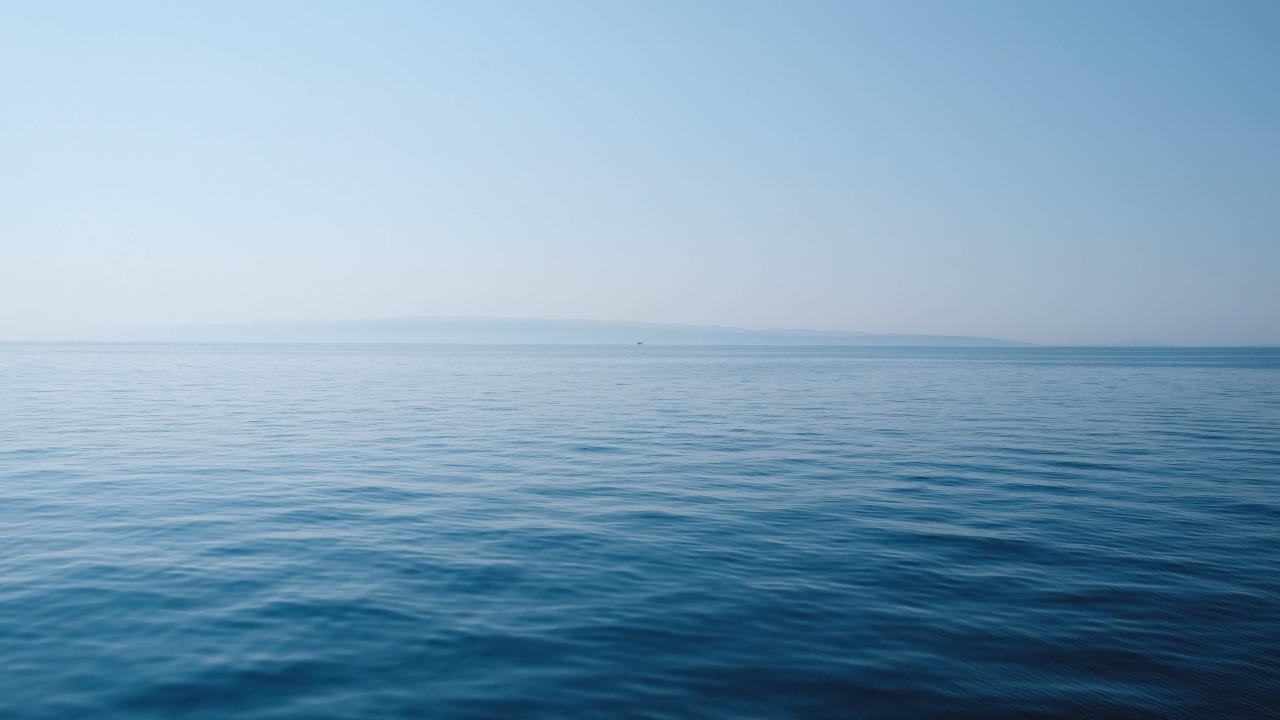
Marine Thinking: a Blue Humanities Roundup
The academic research area of the blue humanities applies critical tools, such as those of literature, cultural studies, and history, to oceanic contexts. Where these fields conventionally take the terrestrial as their point of departure, the blue humanities takes the ocean as its, in highly interdisciplinary lines of inquiry.
Here at UC Davis, Professor of English Tiffany Jo Werth is co-founder of the Oecologies research cluster, an “umbrella organizational network of scholars working in premodern literature and who live and work along the Pacific West Coast.” This academic year, Werth, along with Lyle Massey (Associate Professor of Art History at UC Irvine) and Bronwen Wilson (Professor of Art History at UC Los Angeles) is leading Sea: An Environmental Humanities Network, an offshoot of Oecologies, culminating in a symposium at Bodega Marine Lab in Spring 2021. Visit the Oecologies website for information on participating.
At UC Santa Barbara, Assistant Professor of English Melody Jue works on oceans, science fiction, digital media and media theory, and the environmental humanities, among other fields. Her book Wild Blue Media: Thinking Through Seawater considers the ocean as a media environment. In an online book talk at The Greenhouse environmental humanities research group at the University of Stavanger, Jue discusses the origins of the book and how she began writing it in a behind-the-scenes look for junior scholars.
Professor Elizabeth DeLoughrey holds appointments in the Department of English and the Institute of the Environment and Sustainability at UC Los Angeles. She has expertise in the areas of postcolonial studies, climate change, Carribean literature, and Pacific literature. Her most recent book, Allegories of the Anthropocene, “turn[s] to contemporary postcolonial island texts and contexts as a means of allegorizing the Anthropocene, arguing that it is vital to bring the theoretical discourse of the Global North into dialogue with communities that both are the forefront of present climate change and its historical survivors” (DeLoughrey 2019, 7). An open-access edition of the book is available here.
The theme of UC Irvine Humanities Center’s 2020-2021 Conversations That Matter series is Oceans, and the Humanities Center is running two events this fall. “Blackness in the Indian Ocean” will be a film screening and discussion with Professor Beheroze Shroff on November 17; “1520 and the Slave Trade to the Americas” will feature the speakers David Wheal (Michigan State University) and Sabrina Smith (UC Merced). For details, see the UCI Humanities Center’s website.
At UC Santa Cruz, Professor of Anthropology Cruz Anna Tsing and Associate Professor of Politics Megan Thomas are co-leading the Center for Southeast Asian Coastal Interaction (SEACoast). The project will facilitate projects in the social sciences, humanities, and natural sciences through what they call “slow science.” In an article profiling SEACoast, Jennifer McNulty writes, “‘Slow science’ can address the disciplinary divide that has historically separated natural scientists from their counterparts in the social sciences and humanities, as well as the pace of scientific inquiry.” Some of the planned research topics at SEACoast include harmful algal blooms, live coral trade, and mangroves.
Professor of English at the University of Hawaiʻi Mānoa Craig Santos Perez is an Indigenous Chamoru (Chamorro) poet, editor, publisher, and more from the Pacific island of Guahån (Guam). He is the co-founder of Ala Press, focused on Indigenous Pacific Islander literature, and the author of numerous books of poetry; his most recent is Habitat Threshold. His poem “Praise Song for Oceania” was made into a film by Hawaiian filmmaker Justyn Ah Chong.
Professor of Humanities at York University Christina Sharpe works in fields including Black diaspora literature and theory, Black diaspora visual cultures, Black feminist theory, and Black queer studies. She is the author of In the Wake: On Blackness and Being, which works through the violence of transatlantic slavery with three manifestations of the wake metaphor: the wake behind a ship, the wake of one who has passed on, and waking up to a new day. In an excerpt, “The Weather,” Sharpe asks, “When the only certainty is the weather that produces a pervasive climate of anti-blackness, what must we know in order to move through these environments in which the push is always toward Black death?”
At the University of Oregon, Professor English and Core Faculty Member of Environmental Studies Stacy Alaimo’s 2016 book Exposed: Environmental Politics and Pleasures in Posthuman Times, which “locates new materialist theories in fleeting ethical moments and particular political sites that make up the massive temporal and geographical expanse of the anthropocene” (Alaimo 2016, 1), includes a section devoted to seas. Exposed was discussed on the Cultures of Energy podcast with Cymene Howe and Dominic Boyer.
This is just a small sampling of the rich array of humanities work engaging the oceans currently being conducted under the rubric of the blue humanities, a growing research area to keep an eye on.
